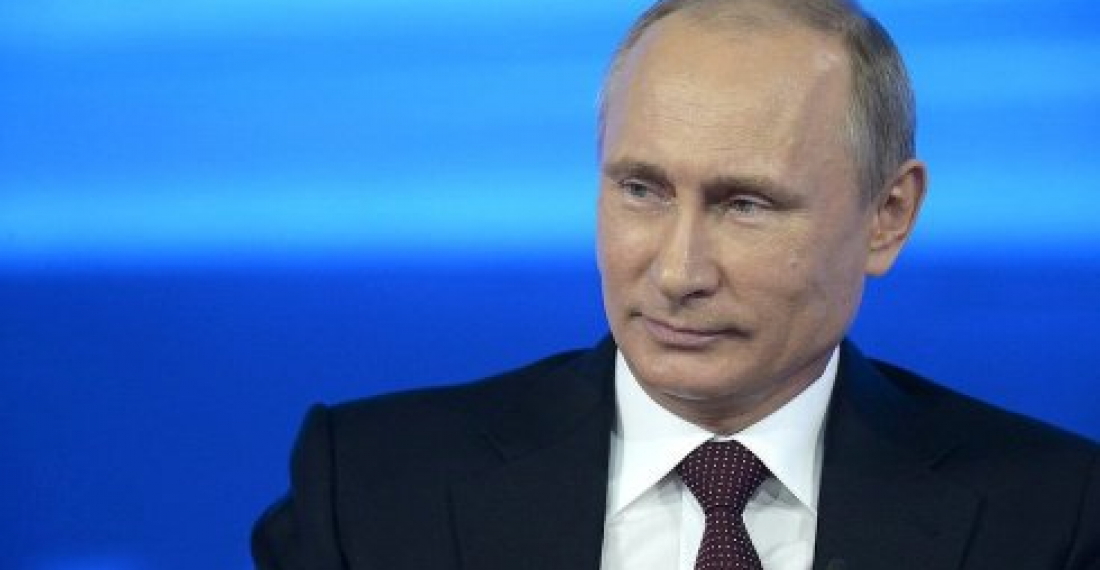Russia is not trying to impose a solution to the Nagorno-Karabakh conflict on the warrning parties, President Vladimir Putin told an Azerbaijani news agency in an interview on Friday.
"We often hear that Russia is trying to monopolize the work related to the settlement of the Nagorno Karabakh conflict and push other mediators aside. That is a misconception," he told AzerTac.
Russia invited representatives from the USA and France, the other co-chairs of the OSCE Minsk Group, to the meeting between Presidents Aliyev and Sargsyan in St Petersburg in June, Putin said.
Putin is preparing a busy few days of shuttle diplomacy, meeting the presidents of Turkey, Azerbaijan, Iran and Armenia between Monday and Wednesday.
Tuesday's trilateral meeting between Putin, Rouhani of Iran and Aliyev of Azerbaijan will not touch on the Nagorno-Karabakh conflict, an Azerbaijani official announced yesterday.
Commonspace will be running a live blog from Sunday on the multiple leader summits taking place across southwestern Eurasia
SOURCE: commonspace.eu and agencies
PHOTO: Vladimir Putin






